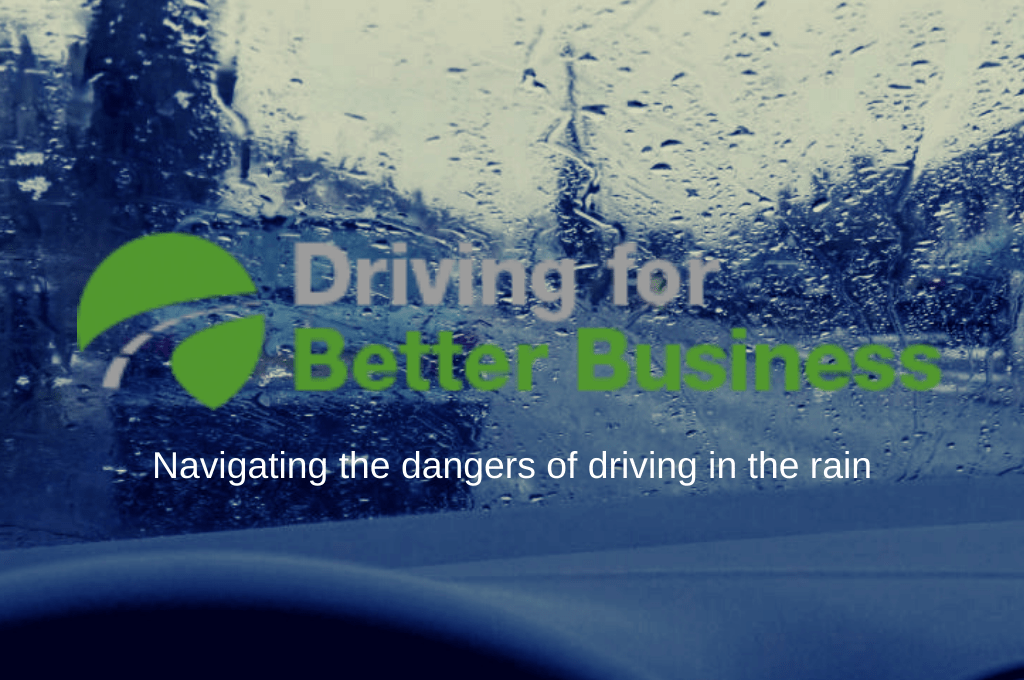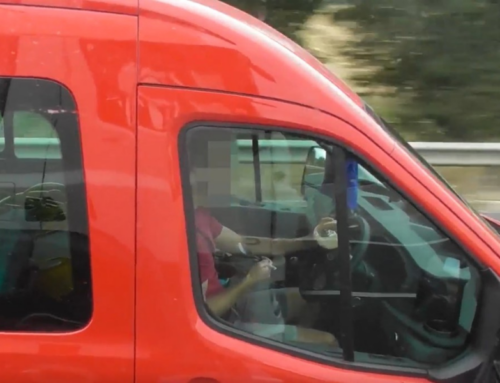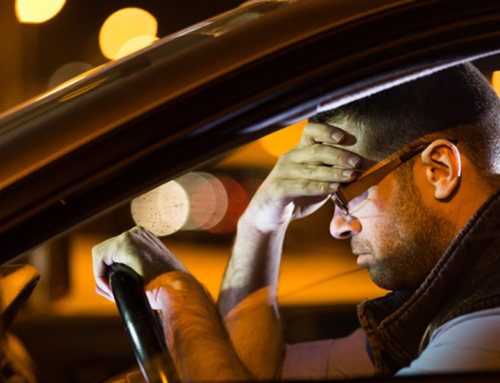Driving in the rain
With Storm Christoph causing severe flooding across the UK leading to thousands of residents evacuating their homes and road closures, the adverse weather conditions are causing additional work related road risk for drivers to navigate. Driving for Better Business speaks to Dave Harford – a Highways England Traffic Officer and Swiftwater Rescue Technician – for top tips on how drivers can mitigate the hazards of driving in the rain.
It doesn’t need to be flooded to be hazardous
“A third of all flood-related deaths are caused by drowning in vehicles, so it is crucial that those who drive for work understand the dangers of driving in the rain.
Firstly, if the road is flooded, turn around and find another route. The number one cause of death during flooding is driving through flood water, so the safest advice is turn around – don’t put yourself at risk.
Stay away from swollen rivers and do not attempt to walk or drive through flood water. Although the water may seem shallow, just 12 inches (30cm) of moving water can float your car, potentially taking it to deeper water from which you may need rescuing.
Never drive through flood water. Turn around.
The hidden dangers of flood water
Flood water contains hidden hazards which can damage your vehicle, and just an egg-cupful of water sucked into your engine will lead to severe damage. Hidden dangers in flood water could include:
- Washed away or damaged roads
- Inability to see the road edge
- Raised or missing drain covers
- Debris
- Contaminated water
What to do when driving in the rain
If there is water on the road, slow down, reduce your speed and leave a greater gap between you and the vehicle in front. Use your dipped headlights so other road users can see you more clearly.
Remember, stopping distances will increase in the wet because tyres have less grip on the road. Testing your vehicle’s brakes gently is a necessity to get rid of any excess moisture.
Finally, drivers should never move or ignore ‘Road Closed’ signs – they are there to protect all road users. The road is not safe to be driven on and should be avoided at all costs. If a driver ignores a road closed sign and proceeds into the flood and ruins the vehicle, insurance companies may refuse to pay out.”
Dave Harford, Highways England Traffic Officer and certified Swiftwater Rescue Technician
As a Highways England Traffic Officer, Dave is a specialist road safety expert. Starting his career at the AA, Dave worked as a part of the AA SORT (Special Operations Response Team), and was certified as a Rescue 3 Swiftwater Rescue Technician twice. Dave Worked alongside Fire and Rescue teams around the country.






